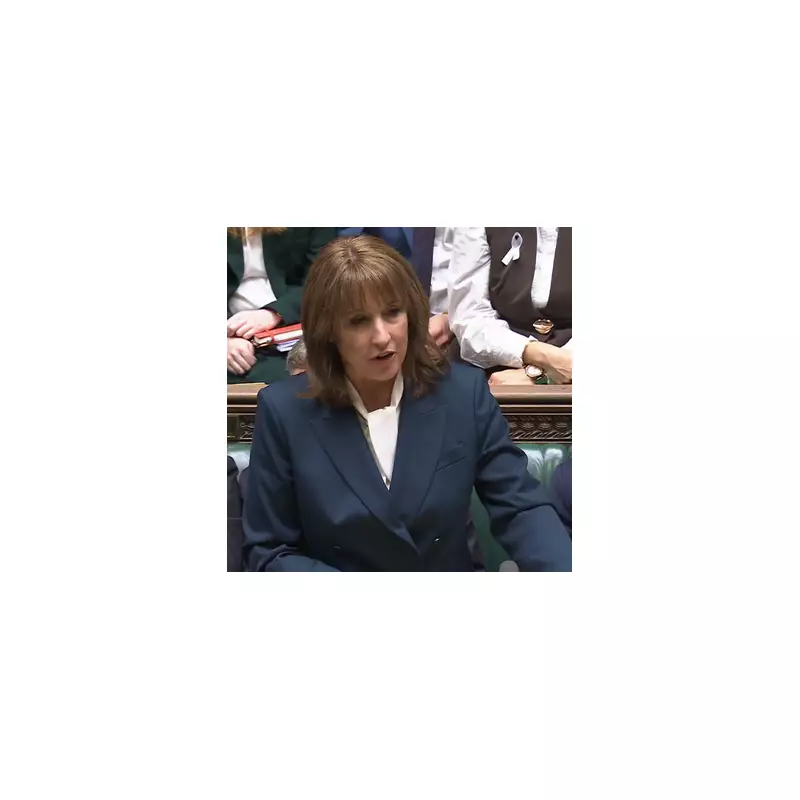
Chancellor Unveils Major Budget Shake-Up
Chancellor Rachel Reeves has delivered a significant Budget statement to the House of Commons, outlining a comprehensive £15 billion benefits spending plan that will impact millions across the United Kingdom. The announcement includes sweeping changes to welfare, taxation, and public services, marking one of the most substantial fiscal interventions in recent years.
Key Policy Changes and Financial Measures
The controversial two-child benefit cap will be abolished, a move that follows sustained pressure from multiple political parties and campaign groups. According to a leaked report from the Office for Budget Responsibility, this policy change is projected to cost approximately £3 billion by the 2029-30 financial year.
Significant changes to wage policy were confirmed, with the National Living Wage for workers aged 21 and over rising to £12.71 per hour from April 2026. Younger workers aged 18-20 will see their National Minimum Wage increase by 8.5% to £10.85 per hour.
Taxation reforms feature prominently in the Budget, with property, savings, and dividend rates increasing by two percentage points. Chancellor Reeves highlighted the current disparity in the tax system, noting that "a landlord with an income of £25,000 will pay nearly £1,200 less in tax than their tenant with the same salary" due to differences in National Insurance treatment.
A new "Mansion Tax" will be introduced, requiring homeowners of properties valued over £2 million to pay £2,500, while those with homes worth more than £5 million will face a £7,500 charge.
Other notable tax measures include:
- Income tax and National Insurance thresholds frozen at current levels until the 2030s
- Pensioners receiving basic or new state pension exempted from paying tax through simple assessment from April 2027
- Salary sacrifices into pensions above £2,000 to be taxed from 2029
- Capital Gains Tax relief on business sales to employee ownership trusts reduced from 100% to 50%
Transport, Gambling, and Public Services
Electric vehicle owners will face a new 3p per mile tax, described as a "vehicle excise duty on electric cars" that will help double road maintenance funding in England during this Parliament.
The gambling sector sees significant tax increases, with remote gaming duty rising from 21% to 40% and online betting duty increasing from 15% to 25%. Meanwhile, bingo duty is being abolished entirely, with no changes to in-person gambling or horse-racing taxes.
The NHS receives a £300 million technology investment alongside plans for 250 new neighbourhood health centres. The Chancellor committed to improving patient services and expanding community-based care, with over 100 centres to be delivered by 2030 in locations including Birmingham, Truro, and Southall.
ISA rules will undergo reform, requiring that £8,000 of the £20,000 tax-free allowance must be invested in stocks and shares, effectively capping the cash ISA allowance at £12,000 for most savers, though those over 65 are exempt from this change.
Finally, the Eco energy scheme will be scrapped, a move the government states will reduce average household energy bills by £150 annually from April.





